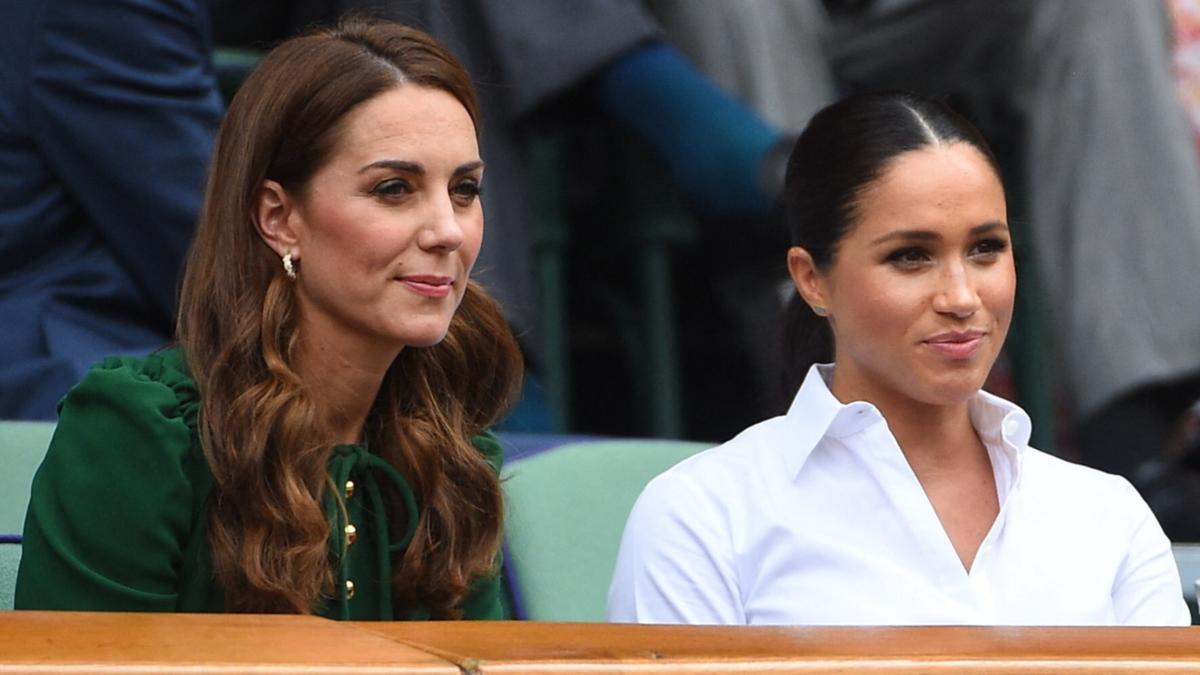Military Schools Quietly Remove Award-Winning Books on Transgender Issues and Black History, Sparking Controversy

A growing controversy is brewing within the US Department of Defense Education Activity (DoDEA) after an internal list revealed that several award-winning children's books have been quietly removed from K-12 schools operated by the military. The move, reportedly aimed at appeasing certain political pressures, has sparked outrage among educators, parents, and civil rights advocates.
HuffPost obtained the list, which details books that have been “quarantined” – a term used to describe books temporarily removed from shelves pending review. The common thread among these titles? They address sensitive topics such as transgender identities and Black history, subjects that have become increasingly politicized in recent years.
What Books Are Affected?
The list includes titles like Black is a Rainbow Color by Angela Joy and Floyd Cooper, a celebrated picture book exploring the beauty and resilience of Black culture. Also on the list are books featuring transgender characters or discussing gender identity, reflecting a broader trend of censorship impacting LGBTQ+ literature for young readers. While the DoDEA has not publicly released a comprehensive list, sources confirm the scope of the removals is significant.
Why the Controversy?
Critics argue that the removal of these books represents an alarming attack on intellectual freedom and a form of censorship, particularly within educational settings. The timing of these removals, coinciding with increased political scrutiny and pressure, has led many to believe the actions are politically motivated, potentially driven by attempts to appease certain political figures, as suggested by the original reporting.
“It's deeply troubling that our military schools, which should be bastions of learning and critical thinking, are now engaging in censorship,” stated a spokesperson for the National Coalition Against Censorship. “These books offer valuable perspectives and help children develop empathy and understanding. Removing them sends a dangerous message that certain stories and experiences are not worthy of being heard.”
Impact on Students
The consequences of this censorship extend beyond the books themselves. Students, particularly those from marginalized communities, may feel unseen and unheard when their stories are erased from the curriculum. The lack of diverse representation in literature can hinder their development of self-esteem and a sense of belonging.
Furthermore, limiting access to information about different cultures and experiences can stifle critical thinking skills and perpetuate harmful stereotypes. Educating children about inclusivity and diversity is crucial for preparing them to be informed and engaged citizens in an increasingly complex world.
DoDEA's Response
The DoDEA has released a brief statement acknowledging the review process, stating that it is committed to providing a “broad range of perspectives” and ensuring that all materials align with educational standards. However, the statement has done little to quell the growing concerns. Critics are demanding greater transparency and a clear explanation for the criteria used to determine which books are “quarantined.”
Looking Ahead
This controversy highlights a broader struggle over the role of education in a polarized society. As political pressures continue to mount, it is essential to defend the principles of intellectual freedom and ensure that all students have access to diverse and inclusive literature. The future of education, and the values it instills in the next generation, may depend on it. The DoDEA's actions are under intense scrutiny, and the coming weeks are likely to see further developments in this unfolding story.






